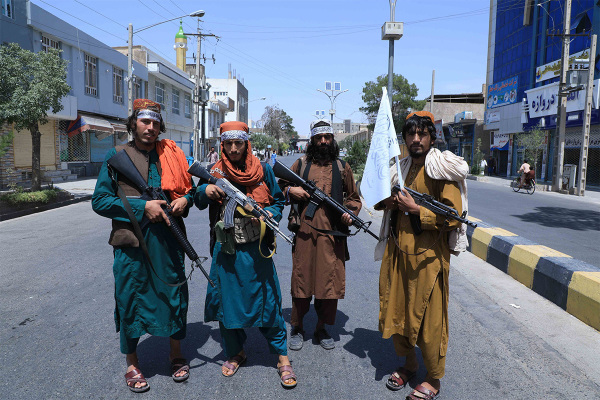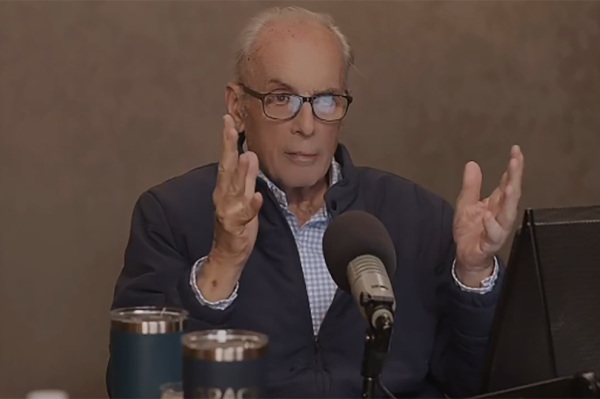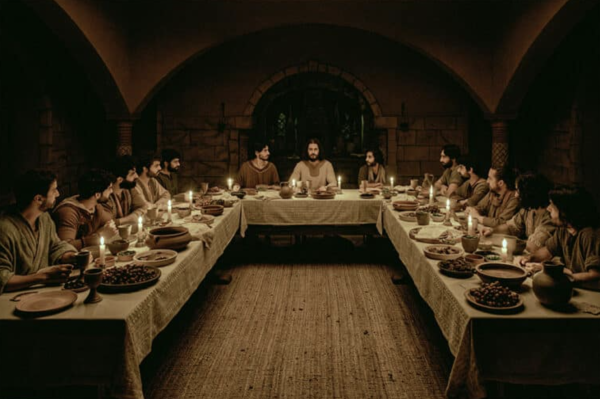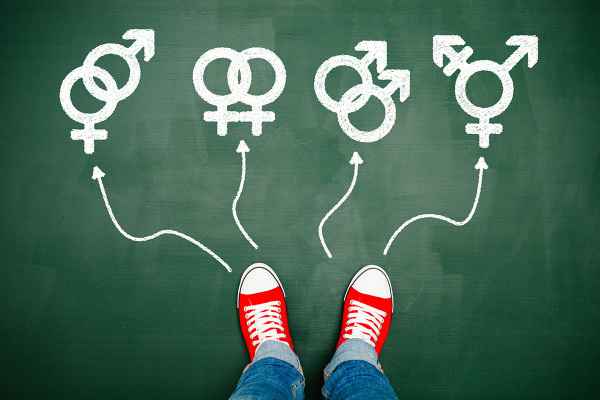Goodbye, Don't Ask Don't Tell?
Seventeen years ago, General Colin Powell, then chairman of the Joint Chiefs of Staff, helped formulate the policy that has come to be known as "Don't Ask, Don't Tell." It allows gay men and lesbians to serve in the armed forces, provided that they keep their sexual orientation to themselves.
Today, Powell is in favor of repealing the policy he crafted and advocated. Well, he was right then, but wrong now.
According to Powell, "attitudes and circumstances have changed" since "Don't Ask, Don't Tell" was adopted.
Sure, attitudes toward homosexuality have changed in the culture at large. But what hasn't changed is the need for "order and discipline in the ranks," to use Powell's own phrase, and the possible impact of allowing openly gay people to serve in the armed forces.
That impact was the subject of a recent Wall Street Journal op-ed by Mackubin Thomas Owens, a "marine infantry veteran of Vietnam." Owens begins by stating what should be obvious: "Military organizations exist to win wars."
I say "should be," because the arguments for repealing "Don't Ask, Don't Tell" are all about the status of gay men and women in American society and have nothing to do with military necessity.
A big part of winning wars, as Owens writes, is overcoming "the paralyzing effects of fear on the individual soldier." Military organizations accomplish this through an "ethos that stresses discipline, morale, good order and unit cohesion." He's right. These are the things I learned firsthand as a Marine platoon commander myself.
The "cohesion" Owens refers to is strictly non-sexual. Owens says it is the product of what the New Testament calls philia, friendship. In the military, it is the bond "among disparate individuals who have nothing in common but facing death and misery together."
I might go a step beyond Owens. The bond between men in a sound military unit is more like agape-the love that moves men to sacrifice their lives for their buddies.
When you read accounts of heroism and bravery, what motivated men wasn't abstract ideals but their love for the man in the next foxhole. They didn't want to let him down. This bond was beautifully captured in the book Joker One by Donovan Campbell. Campbell, a Christian and a Marine officer, served three tours in Iraq and captured the essential role of philia and agape on the battlefield. He wrote what I discovered when I was a platoon commander: What holds men together is love.
Allowing openly gay men threatens this cohesion by raising the possibility of a different kind of love-eros-which is "individual and exclusive." "All for one and one for all" could give way to "sexual competition, protectiveness and favoritism," with disastrous military consequences.
Nothing has happened in the last 17 years that makes this less possible or the possible consequences less dire. All that has changed is that many Americans now see everything through the prism of "rights." For them, sexual rights and personal autonomy trump everything else. Thus, any opposition to changing military policy must be the result of "bigotry" or "homophobia."
I suspect I'm not alone when I say a military unit which openly celebrates the gay lifestyle in the trenches is not a military unit I want to serve in.
Ultimately, the change in circumstances behind the proposed repeal of "Don't Ask, Don't Tell" isn't military necessity, but the weakening of our moral will.
That's the real difference between then and now.






















